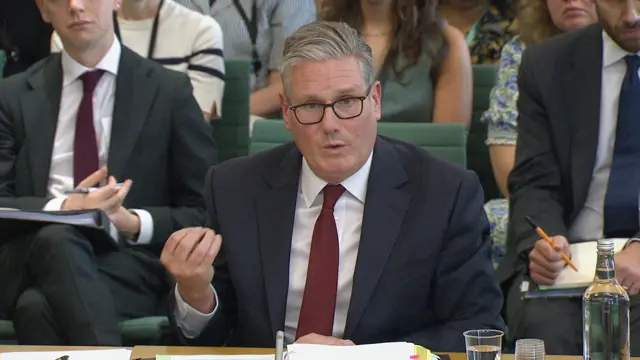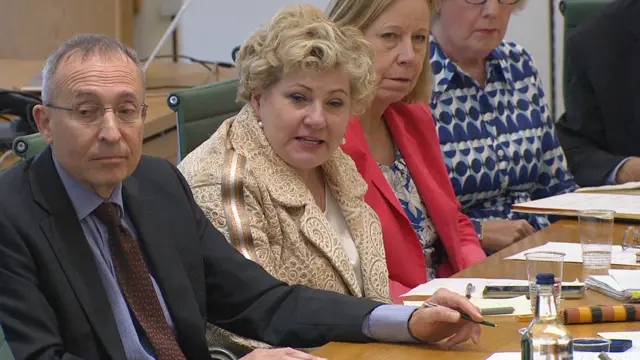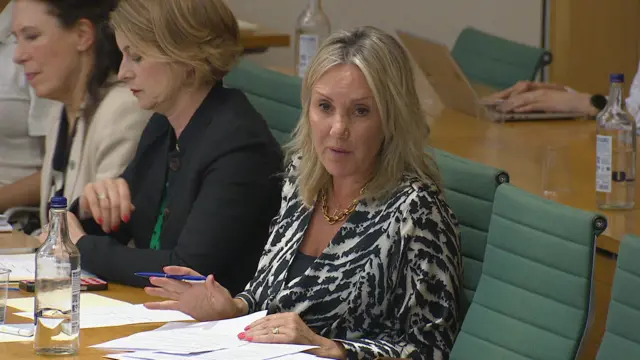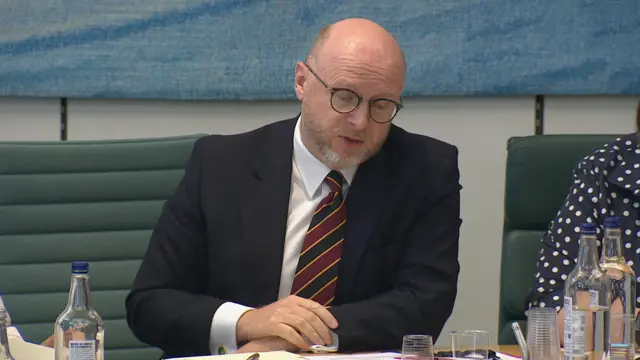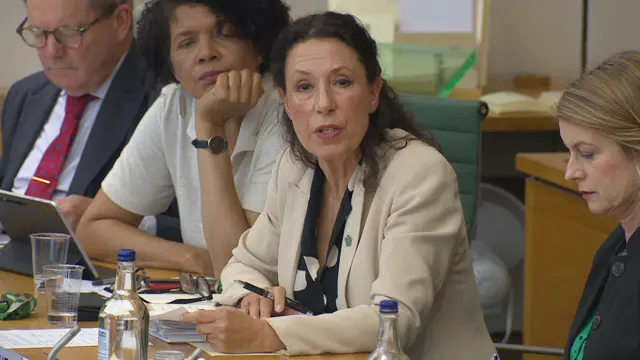Starmer fields difficult questions ahead of summer recesspublished at 16:54 BST 21 July
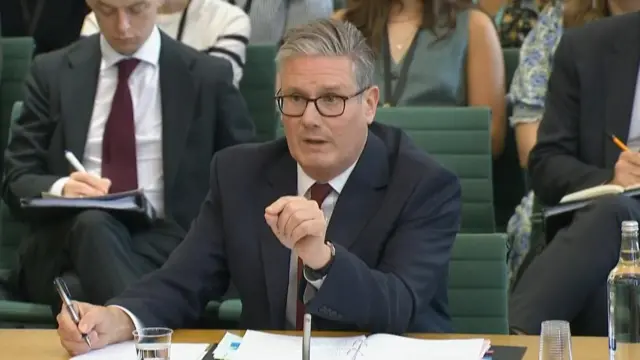 Image source, PA Media
Image source, PA MediaKeir Starmer faced more than an hour of questions on tackling poverty and international affairs from senior MPs ahead of Parliament's summer recess.
Here are some of the key takeaways from Starmer's 90-minute stint in the hot seat:
On tackling poverty:
- Starmer said poverty across the UK is a "deep rooted issue" that spans departments, but commits to putting in the support needed to make people "feel better off"
- He explained that there are difficulties in fixing the UK's housing issues, and highlighted the need to build more affordable housing. Homelessness is "a real problem" that can't be fixed overnight, he said
- The "fear and anxiety" felt by disabled people following the welfare reform "cannot be underestimated", Debbie Abrahams put to Starmer - he explained an independent review has been commissioned
- When asked about support for the charity sector, Dame Caroline Dinenage was not satisfied by Starmer's answer, asking "that's it?"
On international affairs:
- "We need a ceasefire and we need it straight away," Starmer said when asked how the government plans to bring peace in the Middle East, adding that sustained peace can only be achieved by making space for a political process
- The PM said the UK has made "real progress" in resetting its relationship with the EU, citing the "coalition of the willing" as proof of the government's ability to pull allies together in response to the conflict in Ukraine
- On the Afghan data breach, he said it was a "shocking inheritance for his government"
- And on the BBC World Service, Starmer said "we need to make sure we protect" it
This now brings our live coverage of Keir Starmer's appearance before the Liaison Committee to a close. Thank you for joining us.



